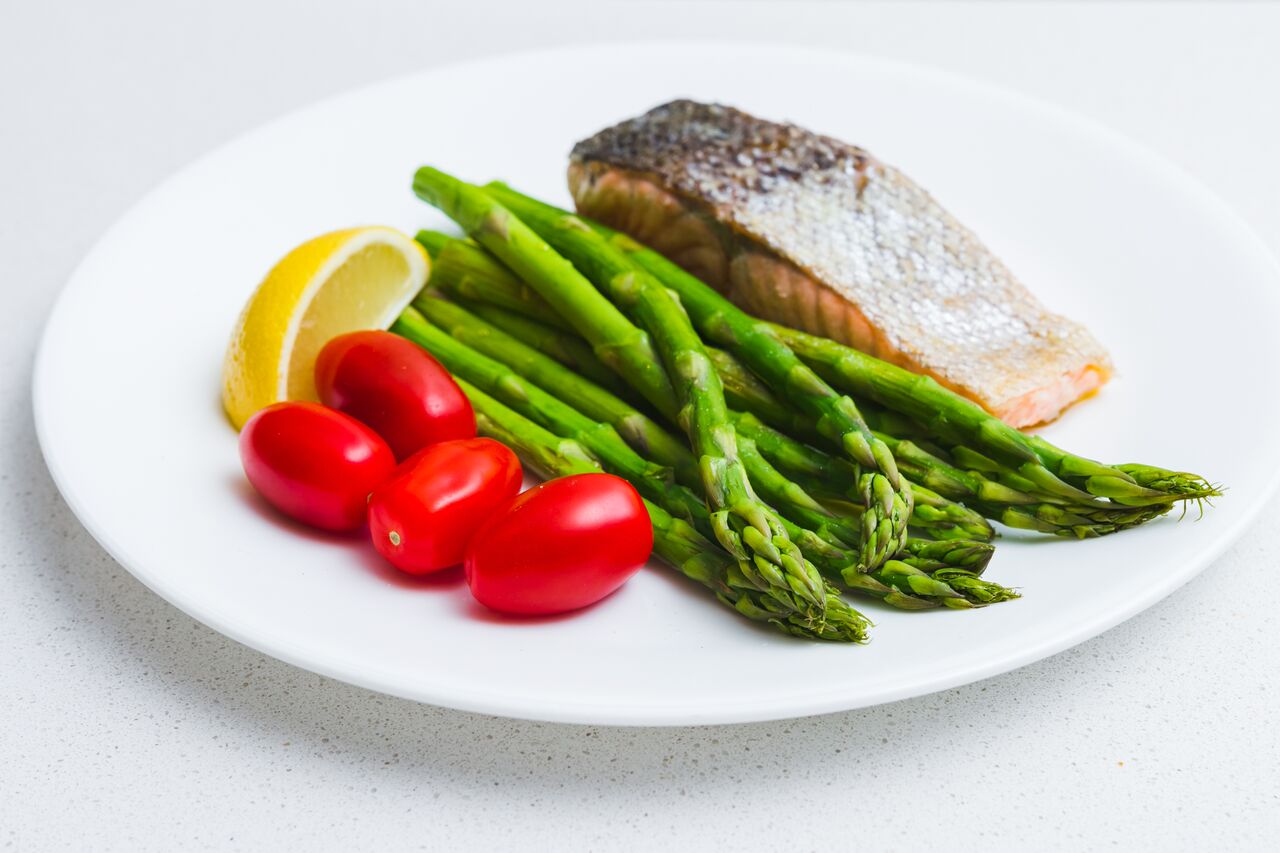I was an expert on emotional eating. I mean I had it down to a fine art trust me! I could put away 8 magnums in an hour if I was really upset. Consequently, my fitness journey kept being 1 step forwards and 2 steps back. The emotional relationship you have with food can be the difference between success or failure on your fitness journey. In 2016 I went down the rabbit hole of figuring out why I seemingly couldn’t combat my bingeing. Now, I spend my time helping clients to do the same through my End Emotional Eating course. But it takes work, honesty and introspection on your behalf.
To develop a healthy relationship with food that keeps you healthy and fit, it’s imperative to become consciously aware of what you believe about food, and how you use food outside of your physical needs. We each have a complex set of beliefs and an emotional connection to food that are as unique as our fingerprints…
The trick? The trick is: We need to allow ourselves enough lenience for our favourite foods so that we don’t feel deprived, but demand from ourselves enough compliance to constructive eating that we get the health and fitness results we want.
Physical Hunger vs Emotional Hunger
Did you know there are two types of hunger – physical hunger and emotional hunger?
💪 Physical hunger is a biological urge that tells you to replenish nutrients. Such cravings build up gradually and can cause symptoms like irritability, fatigue, and a growling stomach.
🧠 Emotional hunger is driven by emotions. People often eat to cope or distract themselves from frustration, anxiety, stress, fear, sadness, depression, and boredom.
It’s important that you can distinguish the difference between physical and emotional hunger because it’s particularly emotional hunger that causes diets to fail.
Here are the six main differences between the two:
1️⃣ Physical hunger builds up gradually. Emotional hunger appears suddenly, usually in response to a specific emotion or event.
2️⃣ Almost any food satisfies physical hunger. But emotional hunger is tied to specific comfort foods like chocolate or pizza.
3️⃣ Physical hunger is located in the stomach. Emotional hunger resides in the head.
4️⃣ Eating enough satisfies physical hunger. Emotional hunger tends to make you want more, even when your stomach is full.
5️⃣ Satisfying physical hunger usually doesn’t cause regret. Satisfying emotional hunger often causes feelings of regret, guilt, and shame.
6️⃣ Physical hunger encourages mindful eating. Emotional hunger produces mindless eating. (Before you realise it, you’ve devoured the entire bag.)
If you’re dieting and you suffer from physical hunger, it may be time to adjust your diet and lifestyle. Actions like getting more protein and fibre, consuming enough vegetables, and sleeping enough help to control physical hunger.
7 Ways to Stop Overeating
Do you regularly sabotage your weight/fat loss efforts by overeating? If so, here are seven tips you can use to boost your results by reducing cravings and preventing binge eating.
🥚 EAT MORE PROTEIN
This is beneficial because protein is the most satiating macronutrient. It raises satiety hormones such as GLP-1, cholecystokinin, and Peptide YY and reduces the hunger hormone ghrelin.
That’s why eating more protein tends to lower total calorie intake automatically (Weigle et al., 2005; Paddon-Jones et al., 2008)
💧DRINK MORE WATER
The brain often confuses thirst with hunger. When cravings rear their head, it may not be because your body needs nutrients, but instead because it requires water. That’s why it’s beneficial to drink enough water.
In fact, a 2005 study published in Obesity Research found that habitual water drinkers consume, on average, 9% fewer calories per day than those who don’t drink it regularly (Popkin et al., 2005).
😴 GET ENOUGH SLEEP
Sleep deprivation lowers satiating hormones like leptin while increasing the hunger hormone ghrelin. Plus, it reduces self-control. For these reasons, not getting enough sleep makes you prone to over-eating.
While sleep requirements vary among individuals, most people need at least seven hours to function optimally.
😌 KEEP STRESS UNDER CONTROL
While acute stress can reduce appetite, chronic stress increases hunger and calorie intake. Thus, make a conscious effort to keep your stress levels under control, such as by meditating.
🍬 AVOID PROCESSED SUGARS
Aside from the adverse effects on health, sugar stimulates overeating. That’s because sugars have almost no impact on satiety. As a result, calories from sugar tend to go on top of the energy you already eat.
🏠 KEEP UNHEALTHY FOODS OUT OF YOUR HOUSE
Once unhealthy foods find their way into the house, it’s hard to resist them. Thus, equip your home with healthy, weight-loss-friendly foods instead. That’ll reduce the likelihood of overeating. Come on, you didn’t put the Tim tams in your trolley “for your visitors”, you have already made the decision to eat them!
🥦 INCREASE YOUR FIBRE INTAKE
One review study found that for every 14 grams of fibre people consume, total energy intake drops by an average of 10% (Howarth & Roberts, 2001). That’s because fibre aids satiety and helps you stay full for longer.
There you go, some handy hints to help your fat loss efforts.
Want to Stop Eating Emotionally?
If binge-eating and eating differently between say a Saturday and a Wednesday is a real issue for you, then I would highly recommend you stop putting a band-aid on the issue and fix it once and for all. I suggest you sign up for my End Emotional Eating program which you can do either online or in person, or, you can do it yourself with a link to my lecture and PowerPoint presentation. In my course, we go far deeper into what’s really going on for you. We will rip the band-aid off and get to the heart of the matter where you can really put emotional eating behind you. I didn’t realise, basically after 30 years of yo-yo dieting that this could even be possible. But it is. You just need to be prepared to do the work.



